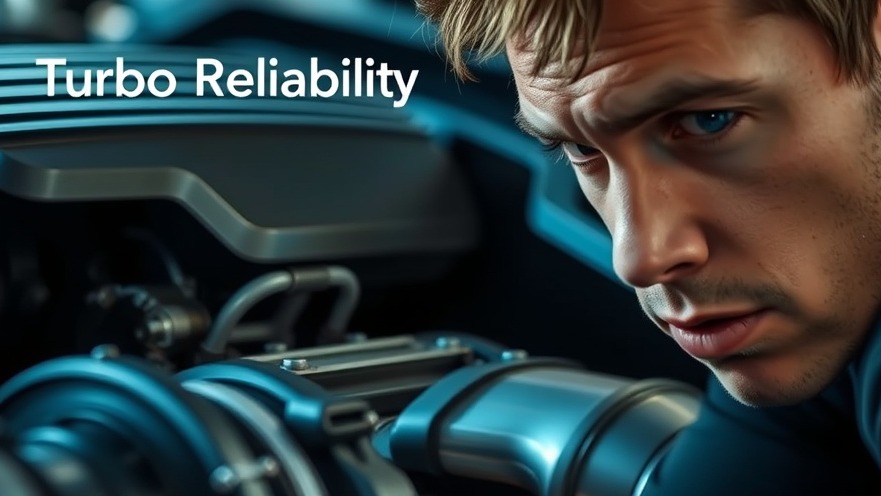
Turbo Engines: Are They Really Worth It?
Turbocharged engines have become increasingly popular in recent years, but their reliability is often questioned. While enthusiasts claim that these engines offer superior performance, with higher horsepower and torque, it’s important to consider their long-term dependability.
In 'Are Turbo Engines Reliable? Hybrid Car Battery Cost? Car Help Q & A', the discussion dives into critical aspects of automobile maintenance and performance, sparking a deeper analysis of these topics.
Based on insights from recent discussions, it’s noted that turbo engines can be more complex and prone to issues compared to naturally aspirated engines. The added components and higher pressure do create more stress, possibly shortening the lifespan. However, there are notable exceptions. Engines like Honda's K20C turbo and Toyota’s T24A are recognized for their reliability. These engines have held their ground over time, proving themselves in various models without significant issues.
Fuel Economy: The Real Story
Another crucial topic raised in our Q&A sessions revolves around the fuel economy of modern hybrid vehicles compared to older models. It might seem surprising that today’s hybrids, despite advancements, often achieve similar miles per gallon (mpg) as vehicles from the 1980s. For instance, a 1980s Honda Civic could meet the fuel efficiency of a new hybrid model.
However, when evaluating fuel efficiency, it’s also essential to recognize improvements in safety, performance, and technology in newer cars. Modern vehicles, while maintaining respectable fuel economy figures, have also significantly improved in crash safety ratings, emissions standards, and features that enhance driving comfort and experience.
Maintenance Considerations for Hybrids and EVs
Addressing fears about long-term maintenance for hybrids and electric vehicles (EVs) is vital for consumers. Many potential buyers worry about the reliability of hybrids like those offered by Honda and Toyota. Yet, data shows these hybrids often require less maintenance over their lifespan and can easily surpass the 400,000 km mark.
Additionally, if there’s a concern about battery longevity, the market has responded with numerous options for battery replacements at reasonable costs. This reality dispels the myth that hybrid ownership is fraught with future headaches regarding repair.
Steering Clear of Outdated EVs
When it comes to buying used EVs, caution is indeed warranted. Older models, like the 2017 Kia Soul EV, typically do have higher risks due to outdated technology and potential unreliability. Instead, the 2017 Chevrolet Bolt is presented as a more reliable alternative, especially since many of these cars have received battery replacements under warranty.
Understanding Dealership Service vs. Independent Mechanics
A common question among car owners pertains to servicing at dealerships versus independent mechanics. While dealership services can be perceived as more reliable, they often come with a higher cost. After the warranty period, independent mechanics are often a better option as long as they maintain proper documentation of services.
This knowledge empowers car owners to make informed choices, potentially saving hundreds on routine maintenance.
In summary, whether considering turbo engines, hybrids, or general car maintenance, informed decisions stem from understanding the nuances of each vehicle type. These insights are fundamental to making aware choices as part of car ownership.
 Add Row
Add Row  Add
Add 




Write A Comment